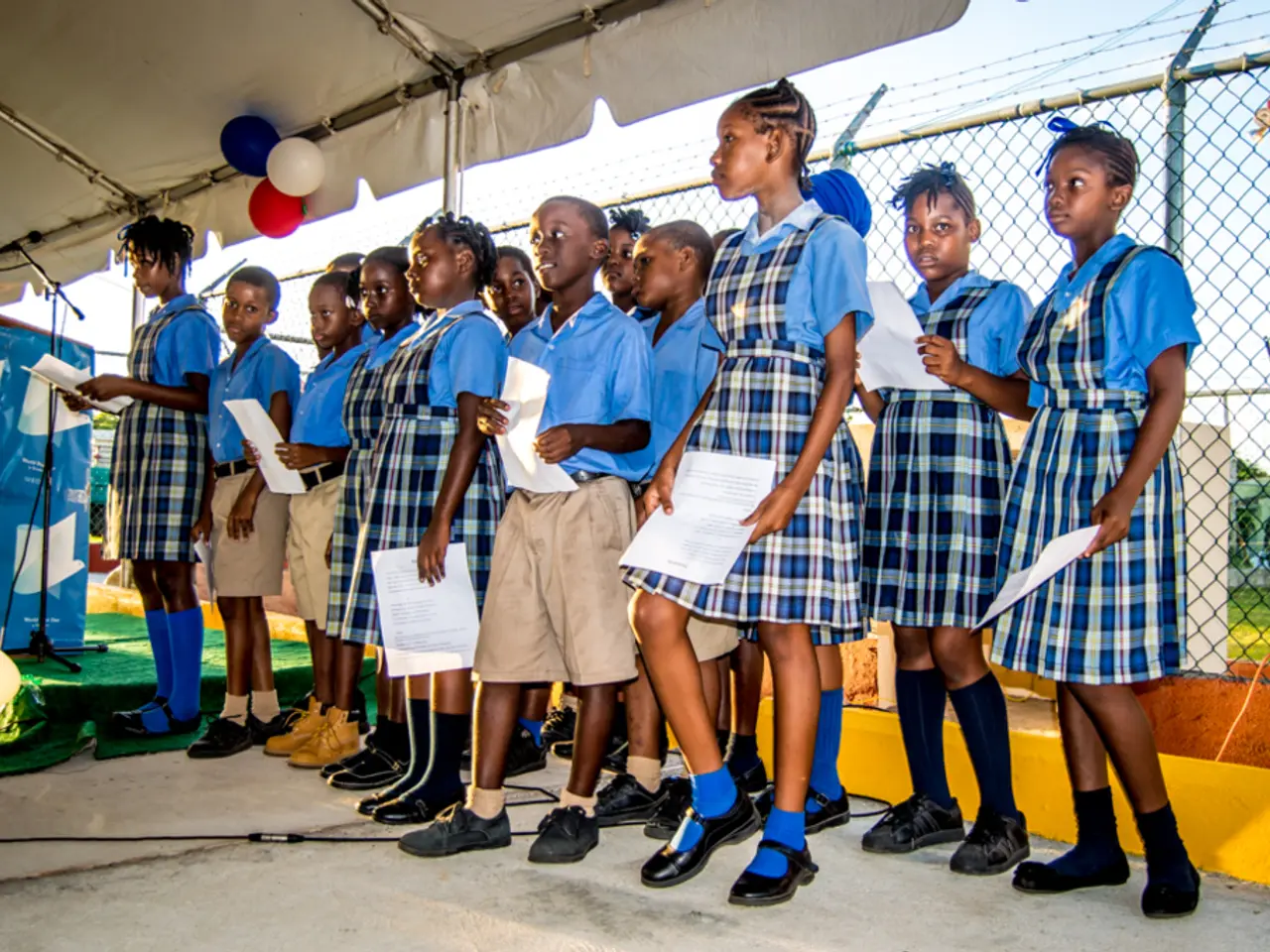Intercultural Education in Italy: Successes and Challenges in Trento Schools
Intercultural education, championed by UNESCO and European bodies, faces challenges and successes in Italy. A study in Trento highlights the crucial role of school leadership, resources, and teacher discretion in its implementation.
School leaders and adequate resources empower educators to integrate intercultural activities effectively. However, resource shortages can shift focus to language support, reducing intercultural education to mere language learning.
Educators, as frontline workers, interpret and adapt policy based on their realities. This 'discretion' can lead to practices aligning with or diverging from formal policy goals. Innovative intercultural practices can emerge from necessity, with educators creatively responding to constraints.
Clear policy guidelines are vital. Vague guidelines can lead educators to default to familiar or urgent tasks, or avoid intercultural activities altogether. Recent Italian reforms signaling a return to national identity-centric curricula pose further challenges.
The success of intercultural education in Trento varied among schools with high migrant student numbers. Differences stemmed from local leadership, policy clarity, and access to resources.
Intercultural education's success hinges on school leadership, teacher discretion, and innovation. In Italy, schools are crucial arenas for fostering social cohesion amidst demographic changes and identity debates. Clear policy, adequate resources, and recognition of educators' agency are key to transforming schools into inclusive spaces.




